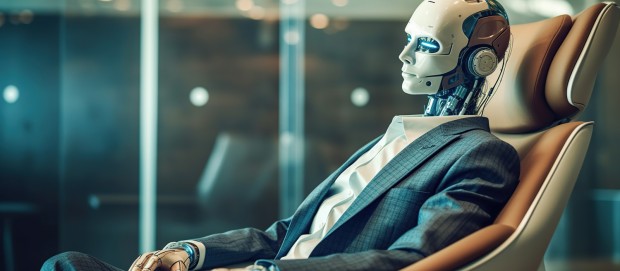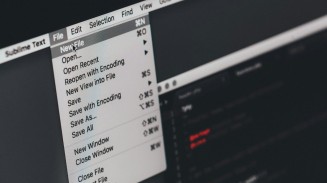
With technological advancements, AI is now a prominent topic across several industries. One such area where AI implementation is sparking debate is in the courtroom. But can robot judges truly offer an effective solution in the judicial system, or is the idea flawed from the outset?
Can AI be Truly Objective?
One primary concern in the legal system is achieving impartiality. Proponents of robot judges argue that AI systems disregarding human emotions can make unbiased decisions based on evidence and the law. However, AI's limited understanding of 'fair' and 'unfair' and the human concepts of justice can impact its decision-making abilities.
AI's Flexibility Issue
The legal system relies on flexibility and adapting rules according to unique circumstances. AI technology may struggle with the application of rules in complex and unpredictable cases that often arise in courtrooms. Robot judges may lack the necessary adaptability to consider human behavior and context when interpreting and applying legal principles.
ALSO READ: What Constitutes an Attorney-Client Privilege and Why is it Essential?
The Ethical Concerns
AI's potential application in courtrooms raises ethical concerns as well. Entrusting life-changing decisions, such as convictions, sentencing, and child custody, to AI may lead to unintended consequences and dehumanization of the justice system. Thus, the possible shift toward machine intelligence prompts questions about societal values.
Limitations in AI's Decision-Making Abilities
AI systems can encounter errors that can have detrimental outcomes. For example, AI might misidentify individuals or incorrectly link them to criminal activities, leading to unreasonable legal conclusions. Additionally, AI's decision-making process can be opaque, as the reasoning behind machine learning is not transparent, creating challenges in understanding and reviewing its decisions.
Historical Bias in Data
Machine learning systems rely on historical data, which can contain biases and prejudices in criminal law records. Consequently, AI systems may draw unwarranted conclusions about the guilt of individuals from particular backgrounds. Such biases in outcomes could erode public trust in the justice system's ability to remain fair and impartial.
Can Legal Rules be Converted to Software Rules?
Legal rules can be open to interpretation, and whether they can be converted reliably into software rules needs to be clarified. Different judges may interpret a law differently but are subject to public scrutiny and appeals to limit variation in case outcomes. A software implementation of a legal rule could inadvertently sway interpretation, leading to difficulties in discovering and correcting the deviation.
The Critical Role of Human Judges
Judges do more than render verdicts; they manage courtrooms, caseloads, and staff. Replacing these functions with software programs can be challenging, as automated systems may fail at a scale and speed that's difficult to recover. As seen in instances of automated systems in government programs that led to negative consequences, the importance of maintaining a human element in judicial processes cannot be overlooked.
The idea of robot judges raises various concerns that highlight the need for thorough consideration before integrating AI into courtrooms. Legal systems require empathy, a keen understanding of human behavior, and wisdom to weigh competing perspectives - all intrinsic to experienced human lawyers. The significance of seeking legal help from an experienced attorney who understands the intricacies of the law remains paramount. Don't hesitate to reach out for professional legal help; their expertise and experience are invaluable in navigating the complexities of your case.
RELATED TOPIC: 'Robot Lawyer' DoNotPay Beats Illinois Law Firm Lawsuit After Being Accused of Causing "Irreparable Harm"
© 2023 Lawyer Herald All rights reserved. Do not reproduce without permission.
Get the Most Popular Lawyerherald Stories in a Weekly Newsletter





